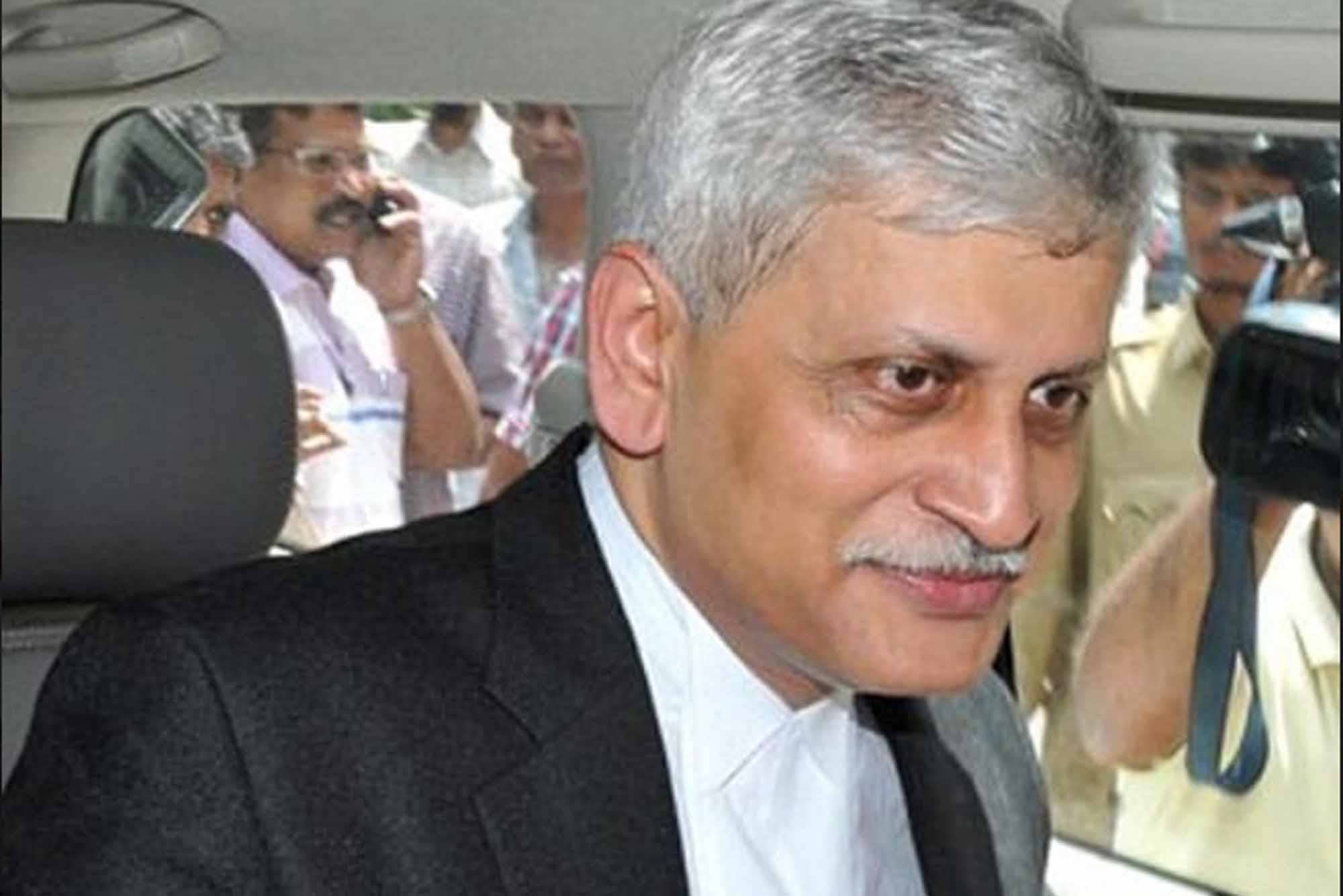Our education still lacks inclusiveness: SC judge Uday Umesh Lalit


Quality and inclusive education is still a far cry in India if you consider the standards of sustainable development, pointed out Supreme Court judge Justice Uday Umesh Lalit while addressing a legal gathering in Bhuj, Gujarat on November 1.
“Our education is not inclusive… not such that those provided (with it) in some villages and big cities have no difference in their qualities. We must consider all this. And unless we achieve this, according to sustainable development standards, we are still lacking in terms of education,” said Lalit, while speaking at a legal services camp and awareness programme organised as part of a pan-India outreach campaign of the National Legal Services Authority (NALSA).
National public sector institutes such as AIIMS, IITs, NITs and National Law Schools among others have achieved excellence in their respective fields, but the same is not the case with government primary and secondary schools in the country, informed Lalit, who is the executive chairman of NALSA.
“Are government schools the first choice for any citizen to send his child, or is it the school in the private sector which is supposed to be the first choice?” he questioned, underlining the need to put in more effort on this front.
Nearly 11 years since the introduction of the Right to Education (RTE) Act, the participation of girl students in elementary and secondary schools has increased, said Lalit. But education alone is not enough, and one needs to consider the aspect of “inclusiveness in education”. “I believe that there is more need to take some effort in this direction,” he added.
“If education is the most fundamental and cherished right of every child in this country, then it is our bounden duty to make available what is called good, quality education,” he insisted, adding that unless this is achieved, one cannot consider poverty being eradicated in terms of world standards.
NALSA also aims at empowering women and elevating those with some form of mental disability, said Lalit. “NALSA believes that mental weakness or disability is not a permanent feature. It is a temporary phenomenon, and we have to overcome that with effort not just from the family. It also depends on our society, systems and how to raise the child,” he added.